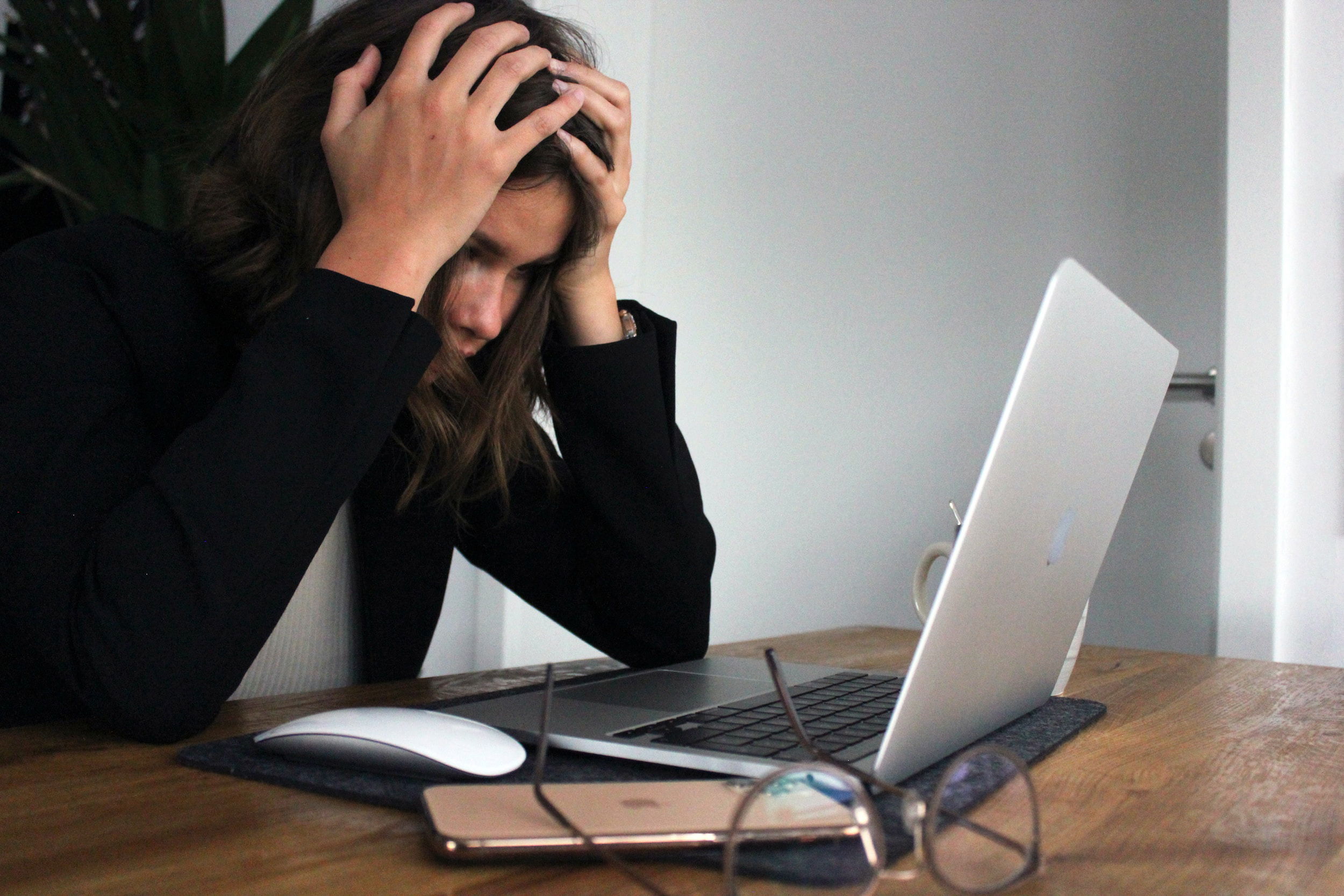Breaking Free from Stress: Creating a Stress-Free Lifestyle
In our modern and fast-paced world, stress has become a common part of daily life for many people. The demands of work, family, and other responsibilities can often lead to feelings of overwhelm and anxiety. However, it is essential to recognize that chronic stress can have detrimental effects on our physical, emotional, and mental well-being. The good news is that by adopting healthy habits and making conscious choices, we can create a stress-free lifestyle that promotes overall health and happiness. In this article, we will explore the impact of stress on our lives, the importance of stress management, and practical strategies to break free from stress and cultivate a more balanced and serene existence.
Understanding the Impact of Stress
Stress is the body's natural response to external challenges and pressures. In small doses, stress can be motivating and help us perform better. However, chronic stress, which results from ongoing and unresolved stressors, can take a toll on our health and quality of life.

The Consequences of Chronic Stress
Physical Health Issues: Chronic stress is linked to various health problems, including cardiovascular issues, weakened immune system, and digestive disorders.
Mental Health Challenges: Prolonged stress can contribute to anxiety, depression, and other mental health conditions.
Reduced Productivity and Focus: Chronic stress can hinder concentration, creativity, and overall productivity.
Strained Relationships: Stress can lead to irritability and strained relationships with others.
The Importance of Stress Management
To achieve a stress-free lifestyle, it is crucial to develop effective stress management techniques. By proactively addressing stress and implementing healthy coping mechanisms, we can create a more balanced and harmonious life.
Strategies for a Stress-Free Lifestyle
Practice Mindfulness: Engage in mindfulness practices, such as meditation and deep breathing, to stay present and reduce stress.
Set Realistic Goals: Set achievable goals and avoid overloading yourself with excessive commitments.
Establish Boundaries: Learn to say no to activities or tasks that may overwhelm you.
Regular Physical Activity: Engage in regular exercise, which has been proven to reduce stress and improve mood.
Prioritize Sleep: Ensure you get enough restful sleep to support your physical and mental well-being.
Unplug from Technology: Take breaks from screens and digital devices to disconnect and recharge.
Spend Time in Nature: Spend time outdoors and connect with nature to promote relaxation.
Maintain a Balanced Diet: Eat a nutritious and balanced diet to support your body's stress response.
Express Gratitude: Cultivate gratitude and focus on positive aspects of your life.
Engage in Relaxing Activities: Participate in hobbies and activities that bring joy and relaxation.
Social Support: Seek support from friends and family during challenging times.
Professional Help: If stress becomes overwhelming, consider seeking help from a mental health professional.
Cultivating a Stress-Free Environment
Declutter Your Space: Create a clean and organized environment to promote a sense of calm.
Simplify Your Schedule: Streamline your commitments and focus on essential activities.
Create Relaxation Spaces: Designate areas in your home for relaxation and stress relief.

Embracing a Stress-Free Mindset
It is essential to embrace a stress-free mindset and adopt a positive outlook on life. By changing our perspective and responses to stressors, we can create a more resilient and adaptive approach to challenges.
Conclusion
Breaking free from stress is a journey of self-awareness and self-care. By recognizing the impact of stress on our lives, understanding the importance of stress management, and implementing practical strategies for a stress-free lifestyle, we can improve our overall well-being and enjoy a more fulfilling existence.
Let us commit to creating a stress-free lifestyle, nurturing our physical, emotional, and mental health, and savoring the moments of joy and tranquility that life has to offer.
Sources:
- American Psychological Association (APA). "Stress Effects on the Body." https://www.apa.org/topics/stress-body
- Mayo Clinic. "Stress Management." https://www.mayoclinic.org/healthy-lifestyle/stress-management/basics/stress-basics/hlv-20049495
- Harvard Health Publishing. "Understanding the Stress Response." https://www.health.harvard.edu/staying-healthy/understanding-the-stress-response
- MindTools. "Stress Management." https://www.mindtools.com/pages/article/newTCS_00.htm
- National Institute of Mental Health (NIMH). "5 Things You Should Know About Stress." https://www.nimh.nih.gov/health/publications/stress/index.shtml